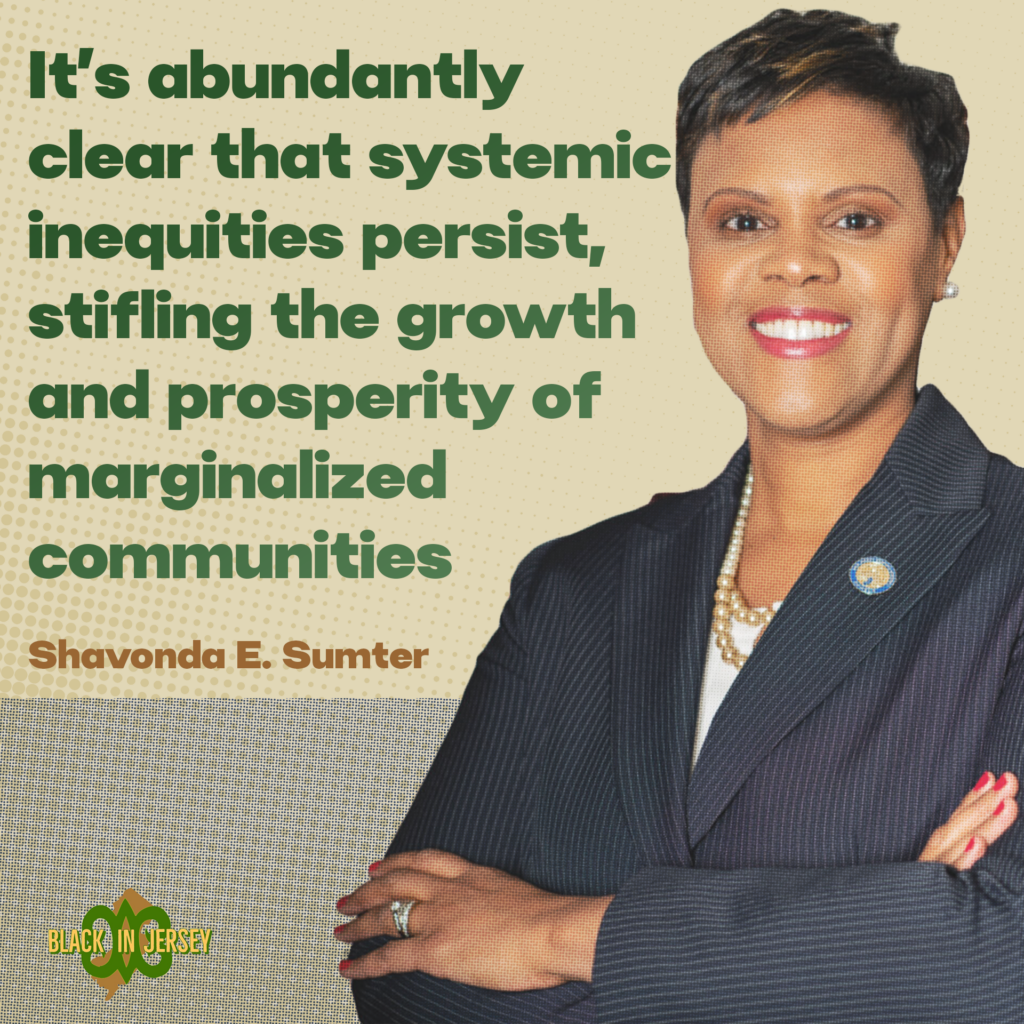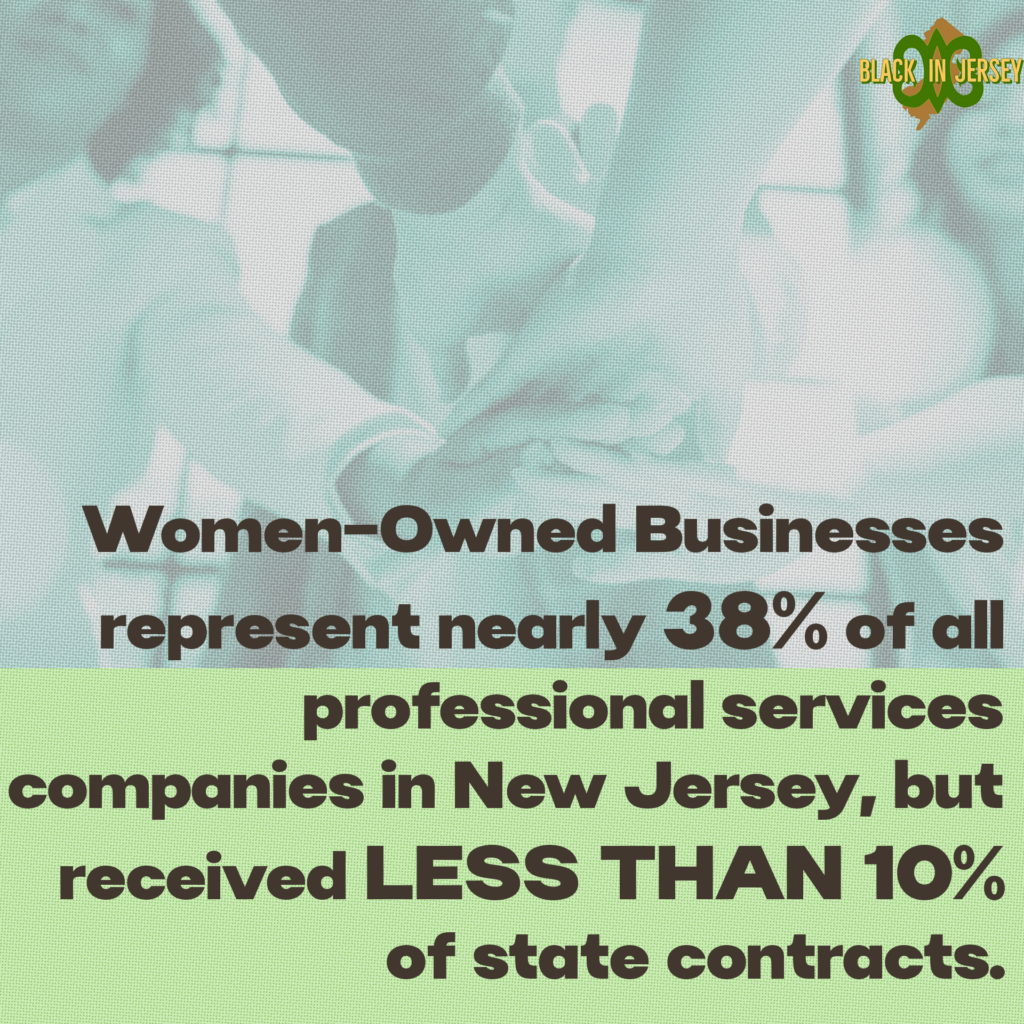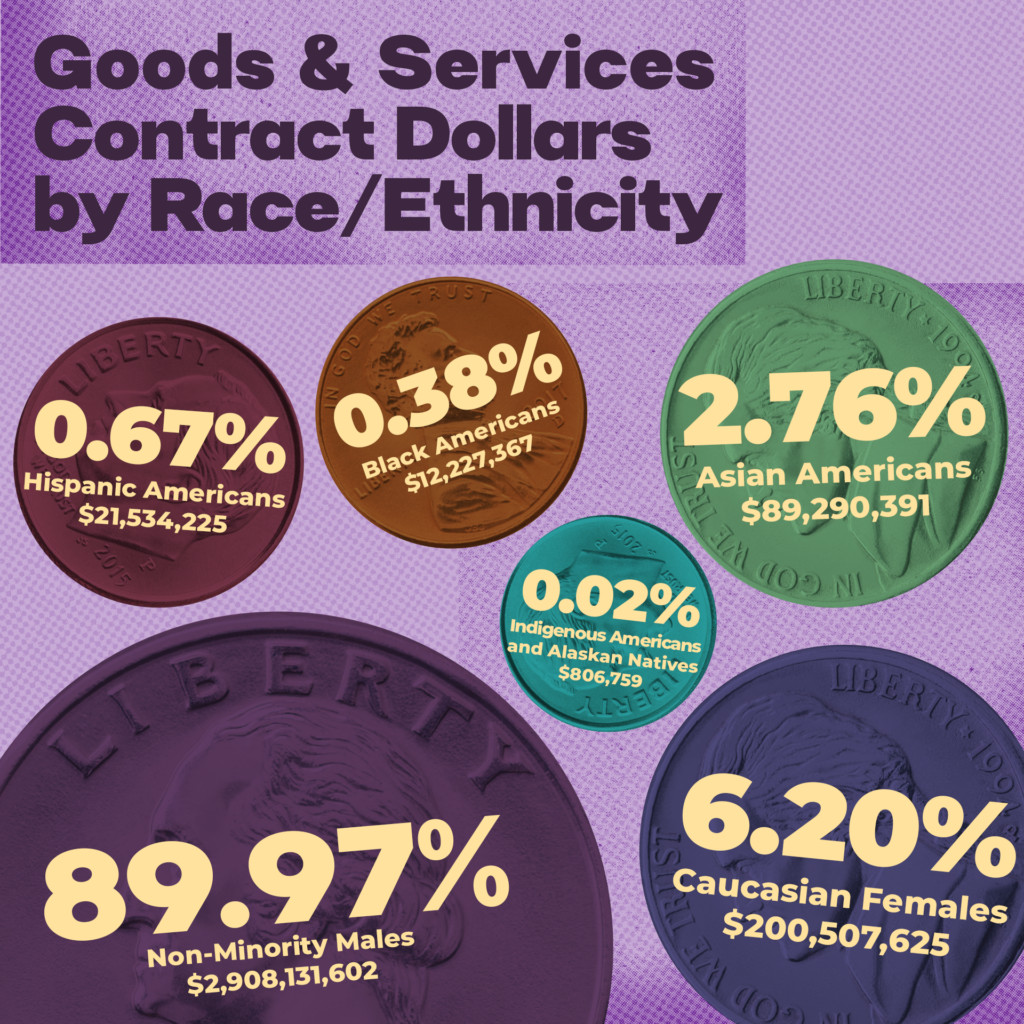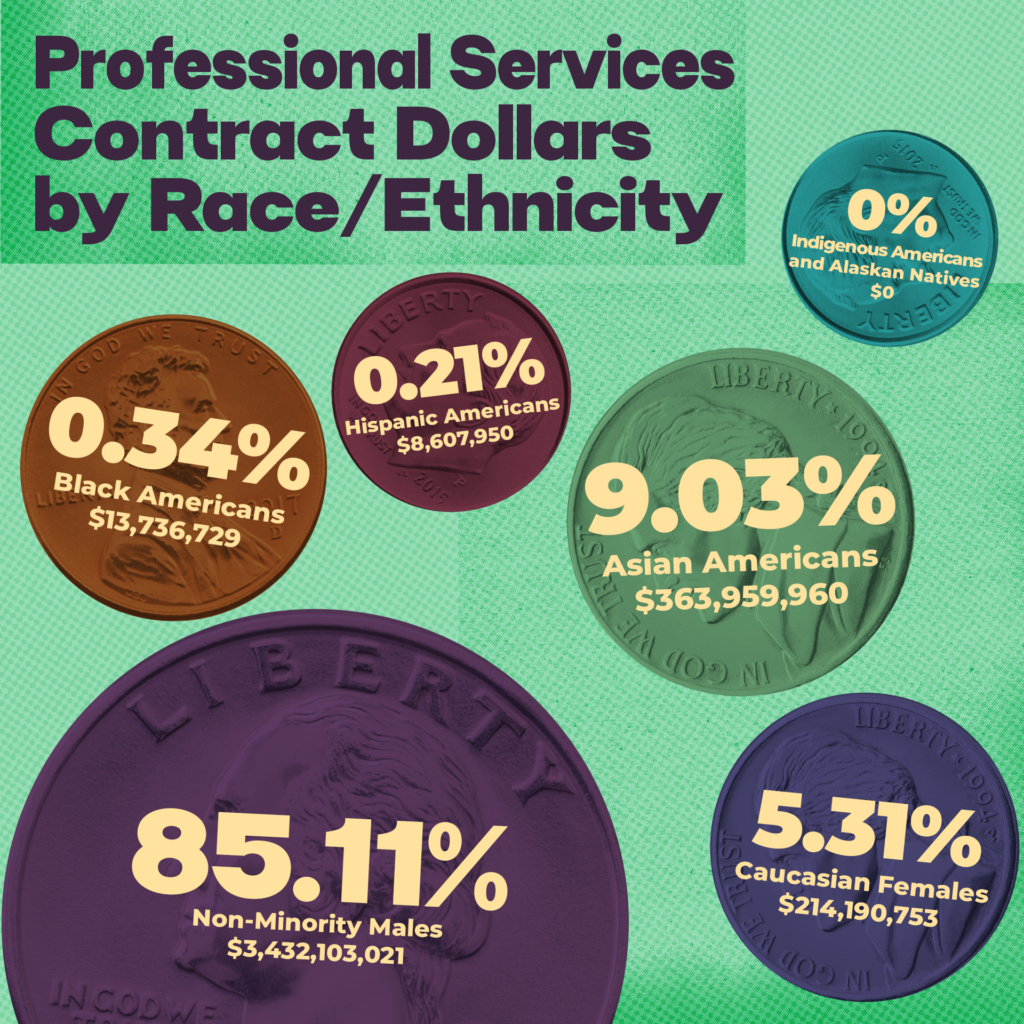Black lawmakers in New Jersey are moving forward with a proposal they say will make securing government contracts more equitable for minority-owned businesses.
On Monday, the General Assembly Community Affairs Committee unanimously advanced a bill that would create a Division of Minority and Women Business Development and a Chief Disparity Officer to monitor efforts to promote minority-owned and women-owned businesses’ participation in State contracting.
The bill would require every state department and agency to appoint a disparity officer to work with the State Chief Disparity Officer. It would codify the division, initially created by an executive order in 2006, and clarify its structure and purpose.
The committee approval comes months after the state released a study showing widespread disparity in the state contract procurement process.
“It’s abundantly clear that systemic inequities persist, stifling the growth and prosperity of marginalized communities,” said Democratic Assemblywoman Shavonda Sumter, chair of both the New Jersey Legislative Black Caucus and the Assembly Community Affairs Committee. 
The Department of the Treasury claims the independent study, released in January, reviewed over 1.2 million state records, including 240,000 contracts from over 60 contracting agencies, authorities, commissions, state colleges, and universities awarded between July 2015 and June 2020.
It shed light on massive imbalances towards Minority and Women-Owned Business Enterprises, or M/WBEs.

According to the study, less than 1% of $18.5 billion in prime contract dollars awarded from 2015-2020 went to Black-owned businesses in New Jersey.
Although 28% of construction businesses in the state are M/WBEs, they receive just about 4% of state-awarded funds for prime construction contracts valued at up to $5.7 million.
Black-owned construction businesses represented 9% of the available construction businesses but only procured 0.014% of construction contracts from the state, the study shows. Continuing this pattern, women-owned businesses represent nearly 38% of all professional services companies in New Jersey, but received less than 10% of contracts up to $800,000.

Black leaders decried these statistics at Monday’s committee hearing and called on the state to enact meaningful solutions.
“This is a defining moment. This is a day of reconciliation for New Jersey because Black people are tired of being at the bottom,” said John E. Harmon, the President of the African American Chamber of Commerce of New Jersey.
“Today in New Jersey, Blacks still have the highest poverty, the highest unemployment, low median income, less than 40% of Blacks own homes. And our net worth is $17,000 versus $322,000 for whites,” Harmon added.

In a February 2024 op-ed, The African American Chamber of Commerce of New Jersey called on the state to impose a moratorium on “all non-emergency public procurement contracts up to $5 million.”
Participants in the study recommended creating an online directory of prime contractors, offering procurement process classes, appointing a liaison for the Small Business Program, and establishing a centralized bid notification system, among other suggestions.

Groups like the Chamber of Commerce Southern New Jersey, Fair Share Housing Center, and Salvation and Social Justice voiced their support at Monday’s hearing, where there was no audible opposition.
“We support and endorse the study’s recommendations, as they provide a clear and concrete roadmap for improving the opportunities and outcomes for minority businesses and public contracts,” said Racquel Romans-Henry, policy director at Salvation and Social Justice.
Lawmakers will host another public hearing to discuss the disparity study and address obstacles in contracting and procurement for women, people of color, and veterans.
Democratic Gov. Phil Murphy has verbally committed to addressing the disparities.
“The critical findings from this study will ensure the State is well-equipped to address the inequities in public contracting opportunities faced by Women-owned, Minority-owned businesses, and service-disabled Veteran-owned businesses,” Murphy said in January. “I look forward to the work ahead as we identify responsive state action while launching initiatives to promote equitable contracting practices with the support of our lawmakers and the business community.”
Conversations on the issue come as the Legislature approved a controversial measure that journalists and government watchdogs say will make it harder to access certain public records.

This story was produced as part of the Center for Cooperative Media at Montclair State University’s South Jersey Information Equity Project fellowship and supported with funding from the Independence Public Media Foundation, the Geraldine R. Dodge Foundation, and the NJ Civic Information Consortium.
Graphics by Frank Santos.
